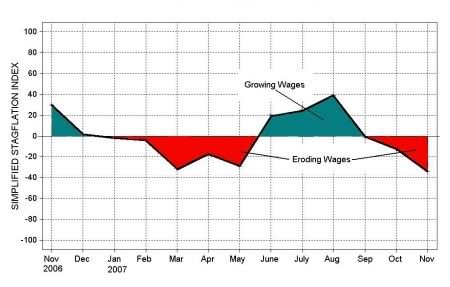Meetings that are held for basically the same reason that Arbor Day is observed - namely, tradition. For example, a lot of
managerial people like to meet on Monday, because it's Monday. You'll get used to it. You'd better, because this kind account for
83% of all meetings (based on a study in which I wrote down numbers until one of them looked about right). This type of meeting operates the way "Show and Tell" does in nursery school, with everyone getting to say something, the difference being that in nursery school, the kids actually have something to say.
When it's your turn, you should say that you're still working on whatever it is you're supposed to be working on. This may seem pretty dumb, since obviously you'd be working on whatever you're supposed to be working on, and even if you weren't, you'd claim you were, but that's the traditional thing for everyone to say. It would be a lot faster if the person running the meeting would just say, "Everyone who is still working on what he or she is supposed to be working on, raise your hand." You'd be out of there in five minutes, even allowing for jokes. But this is not how we do it in America. My guess is, it's how they do it in Japan.
Meetings where there is some alleged purpose. These are trickier, because what you do depends on what the purpose is.
Sometimes the purpose is harmless, like someone wants to show slides of pie charts and give everyone a big, fat report. All you have to do in this kind of meeting is sit there and have elaborate fantasies,
then take the report back to your office and throw it away, unless, of course, you're a vice president, in which case you write the name of a subordinate in the upper right hand corner, followed be a
question mark, like this: "Norm?"
Then you send it to Norm and forget all about it (although it will plague Norm for the rest of his career).
But sometimes you go to meetings where the purpose is to get your "input" on something. This is very serious because what it means is, they want to make sure that in case whatever it is turns out to be stupid or fatal, you'll get some of the blame, so you have to escape from the meeting before they get around to asking you
anything. One way is to set fire to your tie.
Another is to have an accomplice interrupt the meeting and announce that you have a phone call from someone very important, such as the president of the company or the Pope. It should be one or the other. It would a sound fishy if the accomplice said, "You have a call from the president of the company, or the Pope."
You should know how to take notes at a meeting. Use a yellow legal pad. At the top, write the date and underline it twice.
(
shamelessly copied)





























